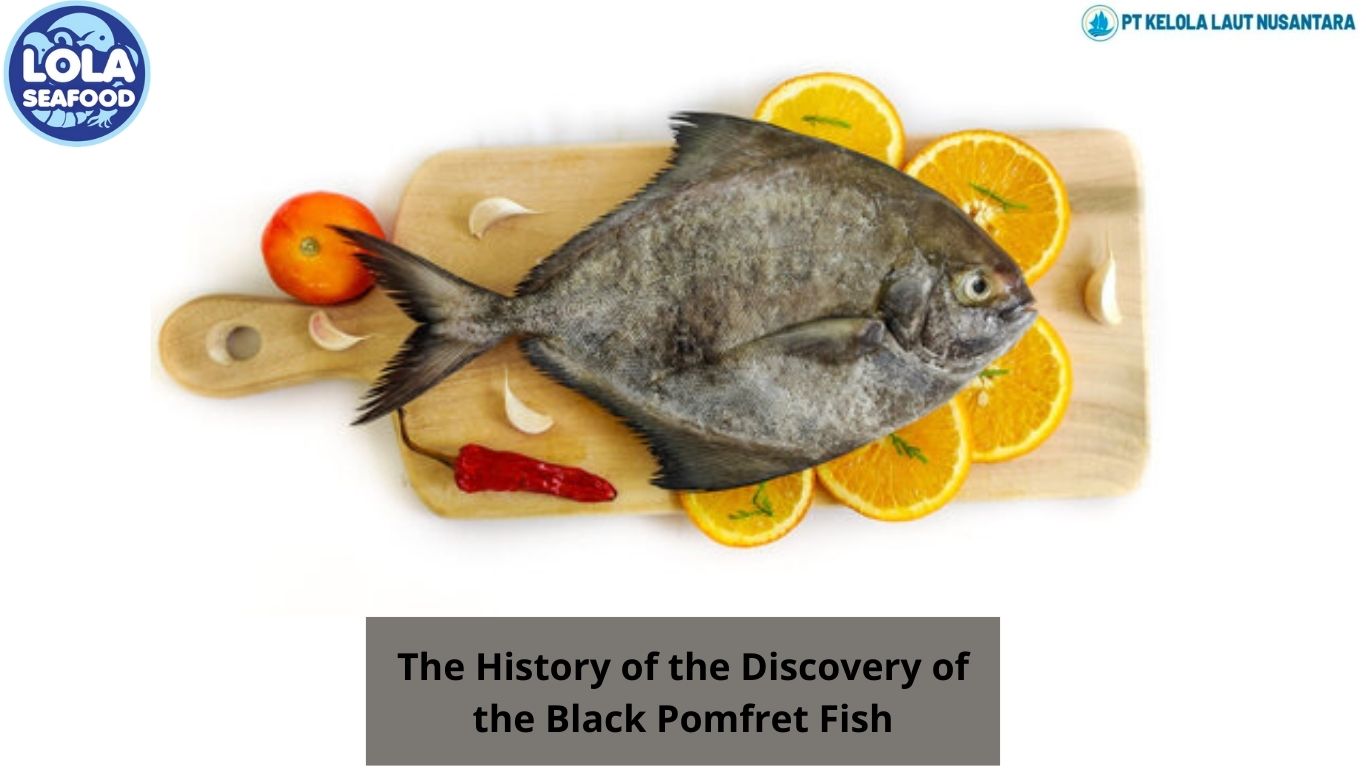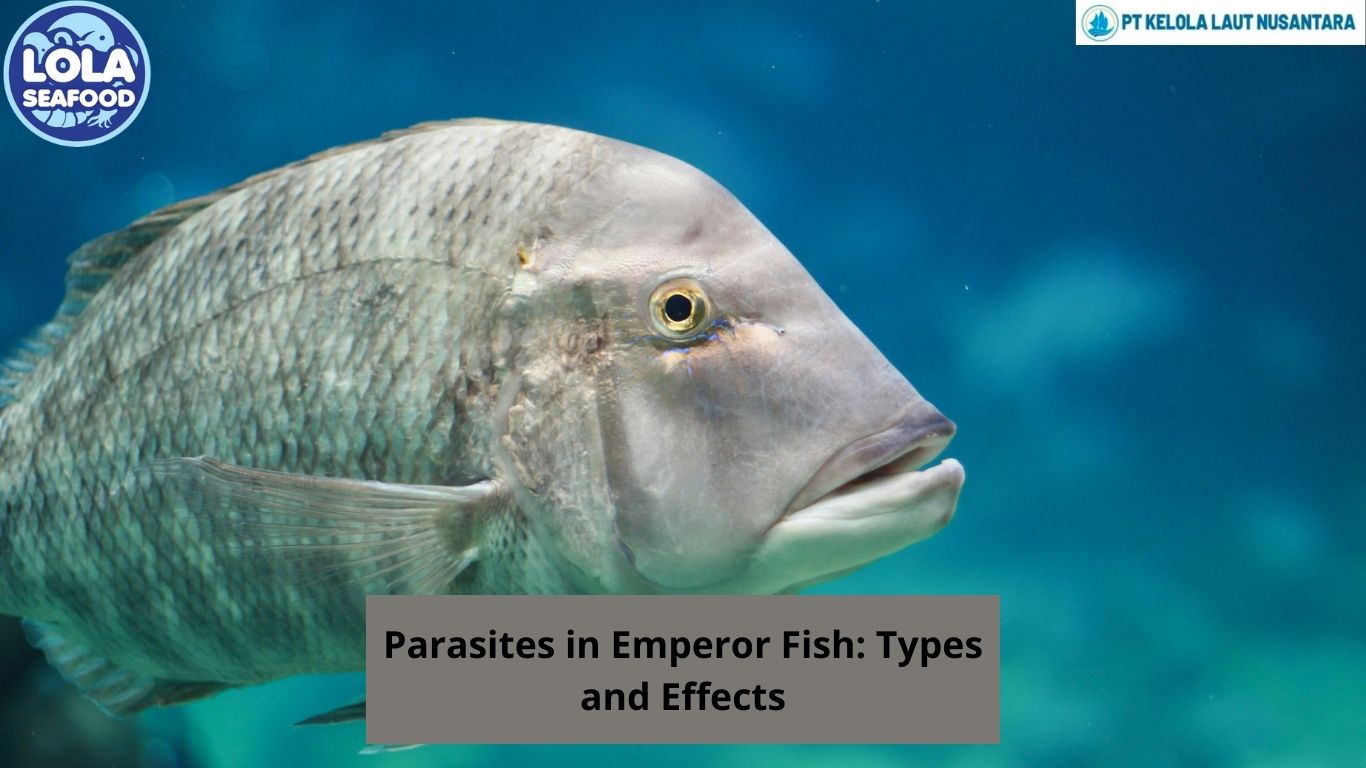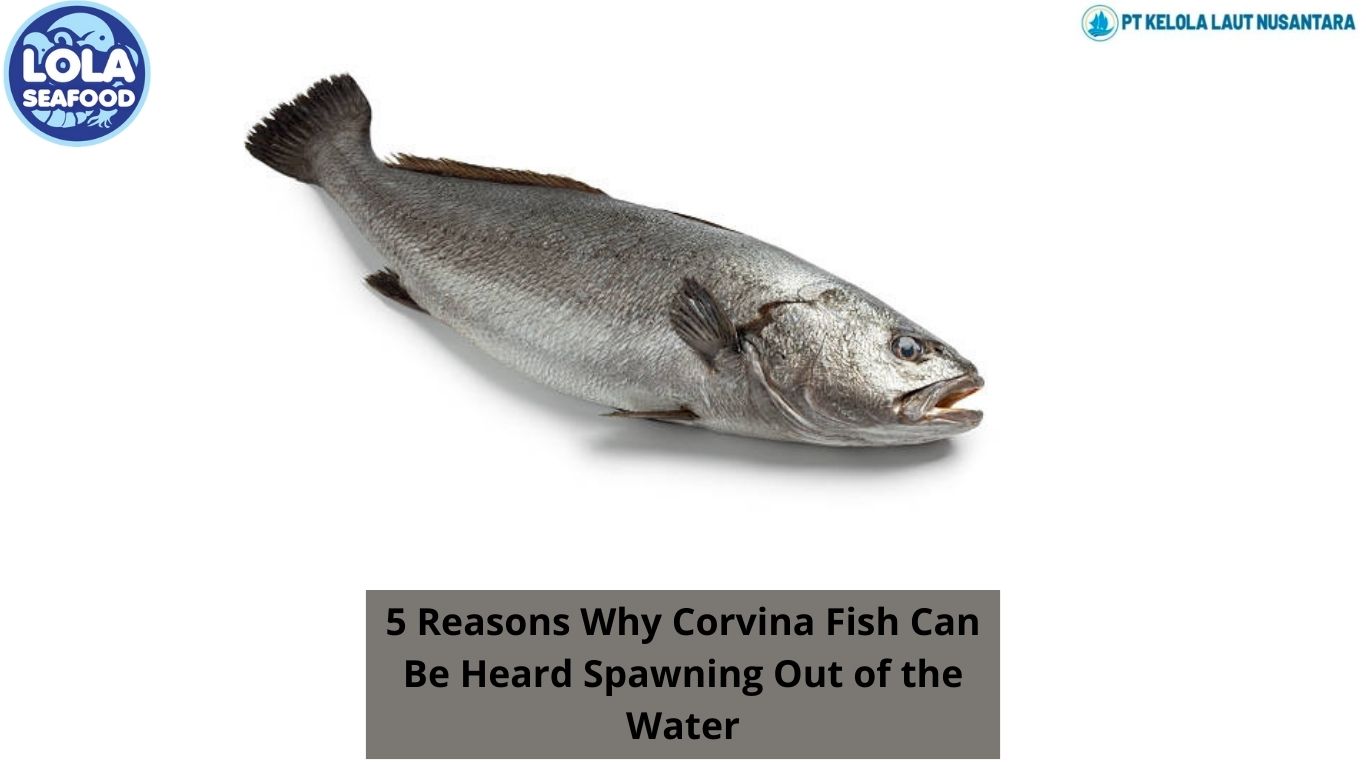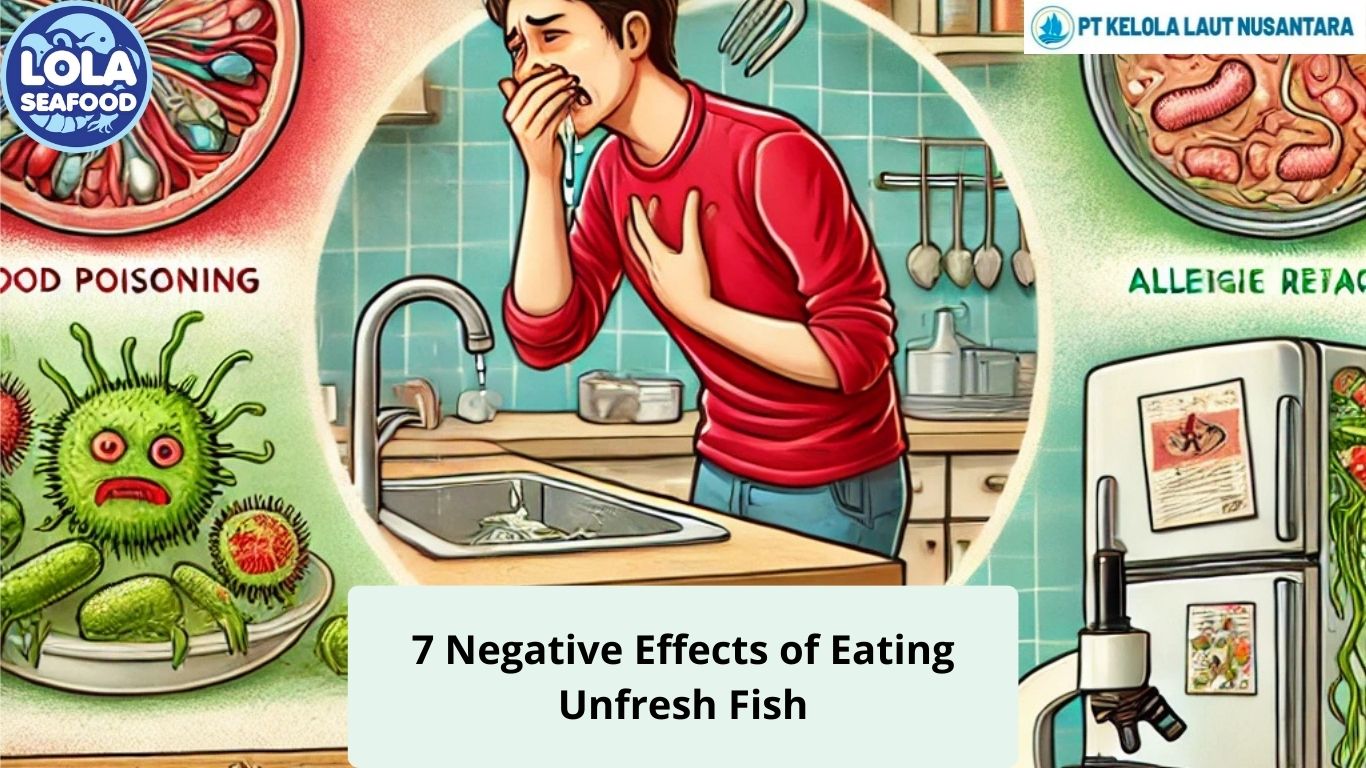8 Potential Benefits of Fishmeal
By. Nevanda - 21 Jul 2023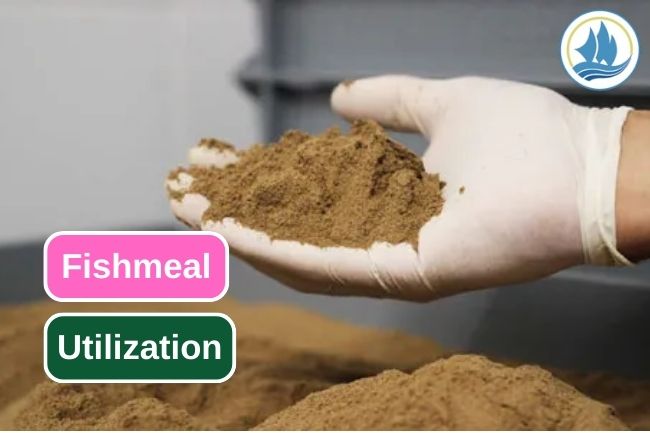
kelolalaut.com - Fishmeal, a highly nutritious processed product resulting from the drying and grinding of fresh fish, has become a major concern in various industries. With its abundant protein, fat, mineral and vitamin content, fishmeal is an invaluable ingredient for a variety of purposes. From the animal feed industry to human food, and from fish farming to applications in cosmetics, the benefits of fishmeal seem endless.
Here are some of the utilizations of fishmeal:
1. Animal feed
Fishmeal is often used as a feed ingredient for livestock, including poultry, fish, pigs, and other pets. Its high protein content makes it a good choice for promoting the growth and health of farm animals.
2. Fish farming
In aquaculture, fishmeal can be used as feed for farmed fish. Regular feeding of fishmeal can help improve the growth and optimize the health of the fish being raised.
3. Aquatic feed
Apart from fish, fishmeal can also be used as feed for other aquatic animals such as shrimps, crabs, and mollusks.
4. Food supplement
Fishmeal can be processed into food supplements in the form of capsules or tablets. It can be an additional source of protein and nutrients for humans, especially for those who need additional protein intake.
5. Food industry
Fishmeal can be used as an additive in various food products, including animal feed, processed foods, noodles, or bread to increase nutritional value.
Read also: Try This Fish Soup Recipe to Warm Your Soul
6. Cosmetic and pharmaceutical industry
Fishmeal can be used in some cosmetic and pharmaceutical products as a source of protein and nutrients useful for skin and hair.
7. Waste recovery
Fishmeal can be used in organic waste recovery efforts, such as in water areas affected by pollution or in livestock areas.
8. Household products
Some people use fishmeal to make various dishes such as pempek or as a thickener in soups and sauces.
The utilization of fishmeal depends on its quality and nutritional content. In its use, it is necessary to pay attention to proper processing and storage to maintain its quality and safety.
Read also: Cracking the Code: How to Separate Crab Meat from its Shell
